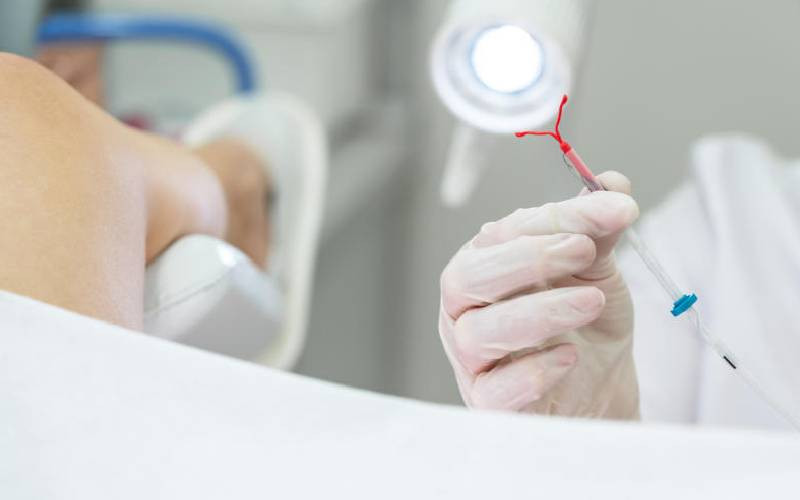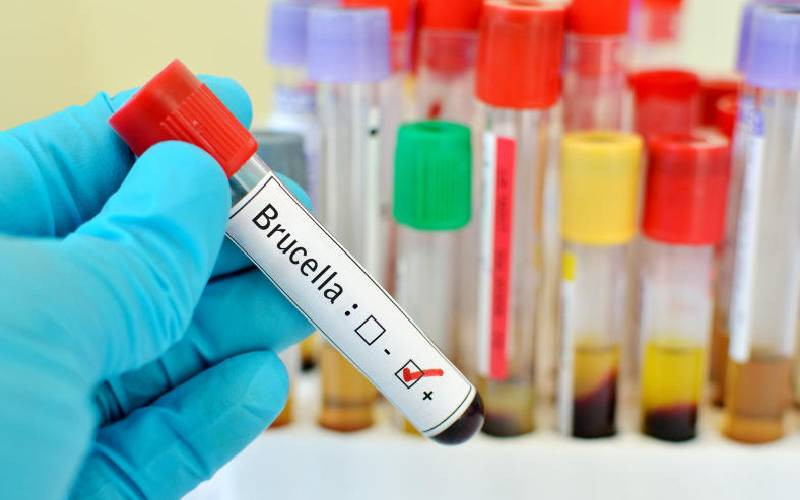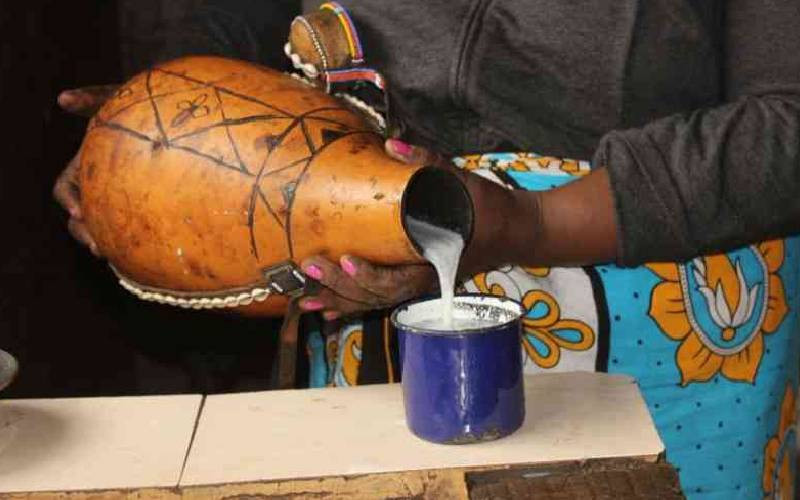
For many Kenyan women, the road to effective family planning is long and difficult—often marked with trial and error, in search of something that works for their bodies, health needs, and lifestyle.
Increasingly, that search is leading them to the intrauterine contraceptive device (IUD).
Favoured Beula, a mother of five, knows this struggle too well. She tried injectables and implants before finally settling on the IUD, a small T-shaped device placed in the womb that protects against pregnancy.
“I tried injectables for one year, but they caused hormonal imbalance and prolonged my periods,” she said.
“The bleeding became so heavy that it left me weak. I later tried the implant, but that, too, didn’t suit me. It was only after switching to the hormonal IUD that I finally found a method that worked.”
Her story is common. Women often begin family planning with the most accessible options-pills, injectables, or implants, but many discontinue because of side effects such as heavy bleeding, irregular cycles, mood swings, or weight gain.
The IUD, by contrast, offers long-term protection with few complications for many women.
- Pharmacists to offer self-injectable contraceptives in a major access boost
- Health experts warn delayed motherhood raises risk of ectopic pregnancy
Keep Reading
According to the Kenya 2022 Demographic and Health Survey, while 76 per cent of married women want to delay or avoid pregnancy, only 57 per cent use modern contraceptives.
Health experts say discontinuation of contraceptives plays a big role in this gap, with many women abandoning birth control methods after experiencing complications.
Rebecca Otieno, a nurse and family planning specialist in Bungoma County, said the IUD often becomes a turning point for women frustrated by other methods.
“We see women come back complaining of side effects from injectables or implants. Some stop family planning altogether, even without trying other alternatives. That’s why raising awareness about IUDs is critical-they over long-term protection with fewer side effects for many women making it very convenient,” she said.
Hormonal IUDs like Mirena and Ribella not only prevent pregnancy but also reduce painful cramps and lighten menstrual flow, while non-hormonal copper IUDs last up to 12 years.
But despite these advantages, uptake is limited by myths, lack of awareness, and poor access to trained providers.
Like Beula, Florence Wekesa, a shopkeeper in Webuye, said her life changed after switching to the copper IUD.
“With the pill, I kept forgetting to take. With injectables, the bleeding was too much. The IUD gave me freedom. I don’t have to think about family planning every month. I can focus on my business and my children,” Florence said.
For Ruth Achieng, a tailor in Bungoma town, implants left her struggling with weight gain and mood swings. After consulting a health worker, she opted for the hormonal IUD.
“Now my periods are lighter, my moods are stable, and I feel like myself again,” she said. “It has given me peace of mind.”
Experts say these stories highlight why IUDs are becoming a preferred choice: they combine effectiveness, convenience, and relief from side effects that make other methods difficult to sustain.
The struggle to find a suitable contraceptive is not only physical but also emotional. Failed methods can leave women exhausted, anxious, and even ashamed.
“Family planning should bring peace, not stress. The IUD gave me relief because once it’s inserted, I can live my life without constant worry,” said Beula.
Otieno said that silence around family planning often worsens the problem. “Many women don’t share their struggles. They think they are alone, when in fact it’s about finding what fits their body. The more we talk about options like the IUD, the less isolated women will feel.”
Health advocates argue that Kenya needs stronger community sensitisation, better-trained providers, and reliable supply of all contraceptives, including IUDs.
Without this, too many women will continue to suffer years of painful trial and error before finding a method that works.
As Kenya joins the world in celebrating World Contraceptive Day, women like Beula, Florence, and Ruth remind us of the real stories behind the statistics.
For them, the IUD is more than a device, it is freedom, health, and a chance to live without the constant shadow of unintended pregnancy.
 The Standard Group Plc is a multi-media organization with investments in media
platforms spanning newspaper print
operations, television, radio broadcasting, digital and online services. The
Standard Group is recognized as a
leading multi-media house in Kenya with a key influence in matters of national
and international interest.
The Standard Group Plc is a multi-media organization with investments in media
platforms spanning newspaper print
operations, television, radio broadcasting, digital and online services. The
Standard Group is recognized as a
leading multi-media house in Kenya with a key influence in matters of national
and international interest.











